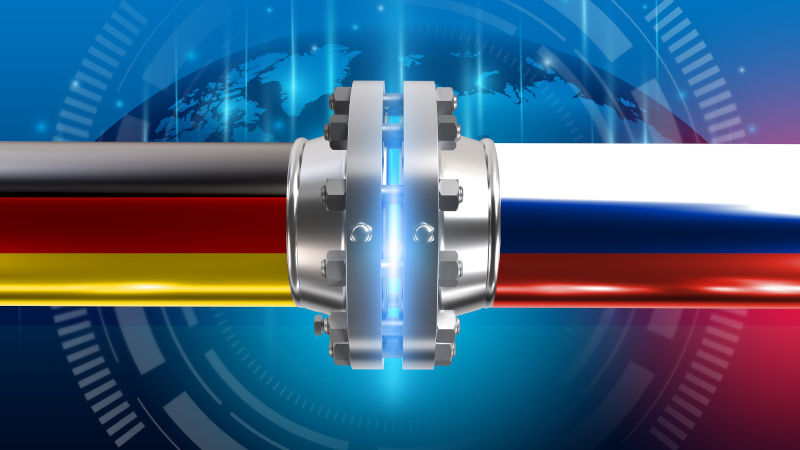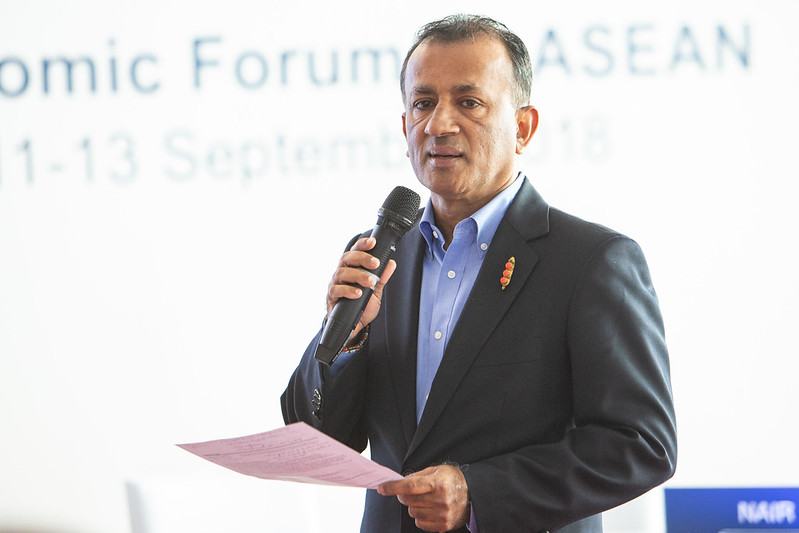Nord Stream: Urgent need for international investigations into crimes against the environment
November 3, 2022
The explosions at the Nord Stream 1 and 2 pipelines on September 26 in the Baltic Sea have been deemed an act of sabotage but which nations or actors are responsible is yet to be known. Given the scale of the environmental crime, why are we not demanding the truth? What explains Western silence?
Given that methane is up to 80 times more potent than CO2 as a greenhouse gas and sufficient quantities have been released to equate to 1/3 of Denmarks annual GHG emissions the largest release of methane ever recorded what has taken place is nothing short of a crime against the environment, and arguably a crime against humanity.
Suffering in Silence
Crimes against the environment are recognised by the G8, Interpol, European Union, United Nations Environment Programme, United Nations Interregional Crime and Justice Research Institute. So why have these bodies not yet called for an international investigation? The magnitude of the explosions that caused the rupture measured at 2.3 and 2.1 on the Richter scale. Despite being on the sea floor, this is a clear act of terrorism, so one would expect that global media companies and international NGOs would be extremely vocal in demanding the truth.
At the start of the Covid-19 pandemic, there were immediate calls for an international investigation into the virus origins, with most Western nations using the opportunity to excessively critique China. Again, where is the clamour to understand what really happened and who is responsible for this environmental crime?
Interestingly, the environmental movement in the West has mostly remained silent. Some have even argued that the amount of methane released is insignificant when compared with the weekly missions of the global fossil fuel industry. This is disingenuous and akin to arguing that if Interpol is aware that there is a cartel smuggling cocaine into a certain country, but it makes up a small portion of what is trafficked globally, that it is not worth pursuing.
This is clearly an extremely politically charged issue given the backdrop of the Russia-Ukraine war, but the argument that all wars result in severe environmental damage e.g. the Iraq War and that the warring parties cannot be judged to have committed an environmental crime is not something that should be tolerated any longer. In addition, concerns in the West that uncovering the identity of the perpetrator of this crime has the potential to influence public opinion of the war should not be a consideration. This criminal action has global implications.
Finger pointing is taking place, with the likely offenders being the US, a combination of European countries, or as most Western nations believe Russia. The Russians last week pointed the finger at the UK. Interestingly, this means more culprits of this environmental crime can be labelled as Western than not. For some, like US economist Jeffrey Sachs, this may be reason enough to explain the silence.
So consider this: if an international investigation is not called, is it simply the case that the multilateral institutions supposed to be upholding environmental justice during instances such as these are not willing to start an investigation when the outcome may indict a Western nation, an ally?
Given the recklessness and scale of the environmental damage being wreaked, it is vital that the perpetrators be identified and, if at all possible, made to pay in some way or other regardless of who they are. This will send a long overdue and critically important signal that the global community is willing and able to act when environmental crimes are committed.
Who Calls the Shots?
Currently, Sweden has launched an investigation into the pipeline explosion along with support from Denmark and Germany. However Sweden has also made a point of not sharing the results with Russia. This is counter intuitive. Not only does this not reflect the scale of international cooperation needed for an event that concerns multiple countries (the world, even), it clearly opens the investigation up to biases and selective interpretations.
What, therefore, is needed, is an international effort to uncover the truth. The question is: who should lead this?
The first body that comes to mind is the United Nations Environmental Programme or UNEP. Just as the WHO was called upon to investigate the origins of Covid-19, the UNEP is a well-placed candidate. It has the legitimacy and experience to gather the forensic capabilities with assistance from other UN agencies and even the oil majors to assess the cause of the explosion and the likely perpetrators. It also has the international clout to work with different countries and private sector specialists. Lastly, it possesses an institutional focus that is less politically related than, say, Interpol or any US/EU linked body.
As the world seemingly continues to divide unproductively along the Western-non-Western axis, seeking a resolution to this environmental crime is an opportunity to demonstrate that the multilateral institutions that contribute to international order can operate without impunity to unearth the truth. Regardless of the outcome, this level of due process is extremely important in maintaining the legitimacy for these organisations.
It is an opportunity to demonstrate that there is still a global rules-based order, and one that is able to work without fear or favour to protect the global common good. It will be interesting to see if this issue will even be discussed next week at COP 27.

